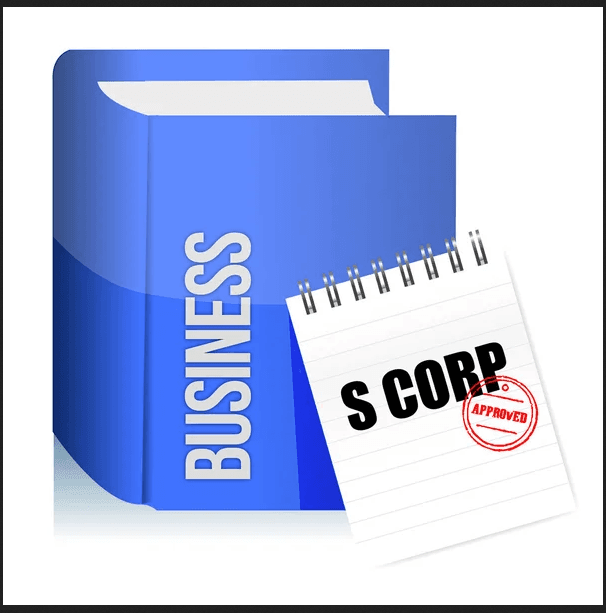Being a passive owner in S Corp is not a bad idea as it brings its own benefits:
Offsetting Passive Income and Losses: If you have other passive income, for example, from a rental, your S Corp passive losses would offset your rental passive income and vice versa. So, things will net itself out and you may avoid paying taxes on your passive income
Avoiding Payroll and Reasonable Compensation Mess: As a passive owner, you won't need to worry about payroll or the complexities of determining "reasonable compensation" for yourself. Only "active" S Corp owners are required to pay themselves a reasonable salary, which is subject to payroll taxes. By remaining passive, you avoid the hassle of dealing with payroll, and instead, will be only taking distributions from S Corp (which is quite convenient)
No Self-Employment Taxes on Distributions: One of the major financial benefits of passive ownership is that you won't have to pay self-employment taxes on S Corp distributions. Typically, active owners must pay self-employment taxes on their salaries (just remember: every $10,000 in owner salary is about $1,500 in payroll taxes). By contrast, passive owners, who don't receive a salary, avoid this tax, which can result in substantial savings.
The Challenge: Material Participation Rules
However, there is a big downside. You gotta not to participate in the business materially. No involvement besides being an investor. You gotta fail (like get an F) all material participation tests listed below in order claim passive business owner benefits.
- 500-Hour Rule: If you participate in the business for more than 500 hours during the tax year, you are considered to be materially participating.
- Substantial Participation: If your involvement constitutes the majority of the total participation in the activity for the tax year, including that of others who do not have an ownership interest, you are materially participating.
- 100-Hour Rule with Equal Participation: Participation of more than 100 hours, combined with at least as much involvement as any other person involved in the activity, counts as material participation.
- Significant Participation Activities: If you are involved in significant participation activities (SPAs) for more than 500 hours across all SPAs, you are materially participating. SPAs are business activities where your involvement exceeds 100 hours but does not meet the material participation thresholds of other tests.
- Prior Material Participation: If you materially participated in the business for any five of the last ten tax years, you are deemed to be materially participating.
- Personal Service Activities: Involvement in personal service activity (such as those in fields like health care, law, or consulting) for any three prior tax years will qualify as material participation.
- Regular, Continuous, and Substantial Participation: If your participation is regular, continuous, and substantial based on the facts and circumstances, you will be considered to have materially participated.
Even if you do not perform services in the current year, the IRS may review your involvement in previous years. If you were materially participating in the business for five of the last ten years, your income will likely be classified as active, and the benefits of passive ownership will not apply.
Starting a new business to avoid these rules may seem like an option, but if the new business closely resembles the old one, the IRS could see this as an attempt to circumvent the rules. Transitioning from active to passive participation is challenging, and careful planning is necessary.
Being a passive owner in an S Corp can offer significant tax advantages, but it requires strict adherence to the IRS's material participation rules. Your level of involvement in the business will determine whether you can enjoy the benefits of passive income or whether you'll be subject to self-employment taxes. If you have been actively involved in the business, the IRS may classify your income as active, negating the benefits of passive ownership we mentioned above. Understanding these rules and planning accordingly is crucial to making the most of your passive ownership in an S Corp.

